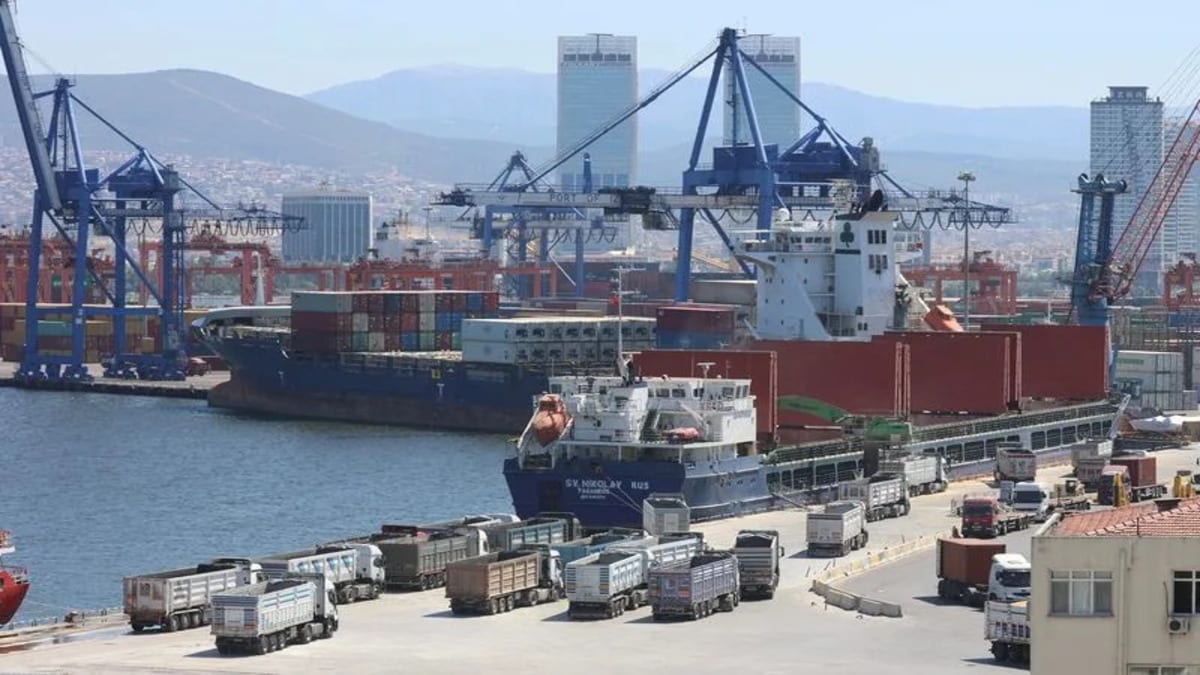In a notable diplomatic shift, Abu Dhabi is reportedly finalizing a deal to acquire a stake in Turkey’s strategically significant port of Izmir, marking a further thaw in relations between the two once-hostile nations. According to sources familiar with the matter, the state-controlled AD Ports Group is set to invest in a new entity established by the Turkey Wealth Fund to oversee operations at the Aegean coast port.
While the precise size of the stake remains undisclosed, insiders suggest that the deal could be valued at approximately $500 million. The port, currently owned by Turkey’s sovereign wealth fund, is considered a crucial gateway requiring substantial investment for its revitalization. Officials from both the AD Ports Group and the Turkey Wealth Fund have refrained from commenting on the ongoing negotiations.
This development aligns with Turkey’s broader strategy to attract foreign investment, particularly as it steers away from years of unconventional economic policies that led to soaring inflation and a plunging currency. The move also underscores the global revaluation of supply chain dynamics prompted by the COVID-19 pandemic and increased geopolitical tensions.
Ports have assumed a pivotal role in the reconfiguration of global manufacturing, with companies seeking to streamline supply chains and bring production closer to consumer markets. Against this backdrop, Turkey’s aggressive rate-hiking cycle initiated in June aims to lure back foreign investors after a prolonged period of exodus, including a decline in foreign direct investment.
The anticipated transaction follows a recent meeting between Turkish President Erdogan and UAE President Sheikh Mohamed bin Zayed Al Nahyan on the sidelines of the COP28 U.N. climate summit in Dubai. The deal is in line with a broader trend of improving ties between Turkey and the UAE, who began mending relations two years ago after a protracted period of rivalry and ideological differences that spilt over into conflicts across the Middle East and North Africa.
Notably, the UAE has expressed a keen interest in investment opportunities within Turkey, focusing on sectors such as energy and logistics. This move by Abu Dhabi echoes the acquisition of a majority stake in a Turkish port earlier this year by Dubai’s state-owned port operating giant, DP World.
The diplomatic rapprochement culminated in a free trade agreement signed between the UAE and Turkey in May, aimed at facilitating investment. Subsequently, both nations agreed to a series of deals exceeding $50 billion in July, signifying a concerted effort to boost economic cooperation and revive Turkey’s economy.
As geopolitical tensions continue to ease, and economic interests take precedence, the partnership between Abu Dhabi and Turkey in the strategic domain of port investment reflects a broader trend of collaboration and mutual benefit in a region historically marked by discord.

